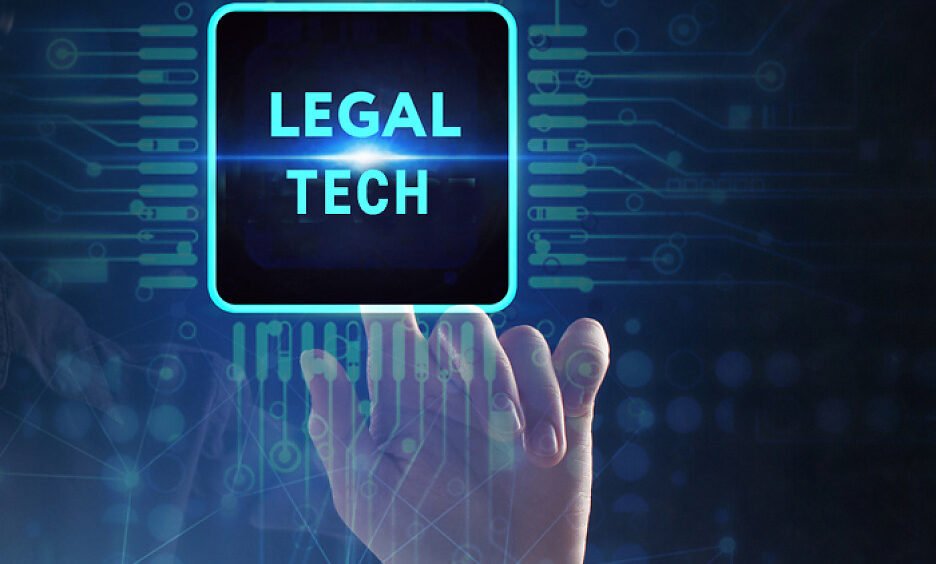How Legal Tech is Facilitating Global Legal Research

Introduction
In today’s fast-paced legal environment, staying ahead requires efficient and comprehensive research capabilities. As the legal landscape becomes increasingly complex and interconnected, “legal tech” has emerged as a crucial enabler in facilitating global legal research. This article explores how legal technology is transforming legal research, enhancing efficiency, and ensuring accuracy in the legal field.
The Rise of Legal Tech in Global Legal Research
Legal tech refers to the technology and software designed to streamline and optimize the delivery of legal services. In the context of global legal research, legal tech tools have become indispensable. With the proliferation of international laws, regulations, and legal precedents, traditional research methods are no longer sufficient. Legal tech not only automates tedious processes but also enhances the accuracy and depth of research.
Key Benefits of Legal Tech in Legal Research
- Enhanced Efficiency: Legal tech platforms significantly reduce the time and effort required for legal research. Advanced search algorithms and machine learning capabilities enable legal professionals to quickly sift through vast amounts of data, pinpointing relevant information with remarkable speed. This efficiency is crucial in a global context, where legal professionals often deal with diverse legal systems and languages.
- Access to Comprehensive Databases: With legal tech, researchers now have access to comprehensive databases that compile legal texts, case laws, statutes, and regulations from around the world. This centralized access facilitates seamless cross-border research, empowering legal practitioners to make informed decisions based on a global legal perspective.
- Improved Accuracy and Precision: Legal tech tools utilize artificial intelligence to enhance the accuracy of legal research. By analyzing patterns and trends in legal data, these tools can predict outcomes and suggest relevant precedents. This predictive analysis ensures precision in legal arguments, improving the overall quality of legal services.
- Cost-Effectiveness: By automating repetitive tasks and reducing the need for extensive manual research, legal tech makes global legal research more cost-effective. Law firms can allocate resources more efficiently, allowing legal professionals to focus on higher-value tasks such as strategy formulation and client engagement.
How Legal Tech Tools are Revolutionizing Global Legal Research
- AI-Powered Legal Research Tools: AI-powered platforms like ROSS Intelligence and Case text utilize natural language processing to deliver precise answers to complex legal queries. These tools can analyze and interpret legal texts, making them invaluable for conducting global legal research with accuracy and speed.
- Blockchain for Legal Data Management: Blockchain technology is revolutionizing the way legal data is managed and accessed. By providing a secure and transparent platform for storing legal documents and records, blockchain ensures data integrity and facilitates collaboration across borders. This technology is particularly useful in maintaining the authenticity of documents in international legal proceedings.
- Cloud-Based Legal Solutions: Cloud-based legal research tools offer flexibility and scalability, enabling legal professionals to access critical information from anywhere in the world. Platforms like Thomson Reuters Westlaw and LexisNexis provide cloud-based solutions that integrate seamlessly into existing workflows, enhancing global collaboration and knowledge sharing.
Read Also: Legal Tech for Multinational Corporations: Managing Diverse Legal Needs
Challenges and Future Prospects
While legal tech is undoubtedly transforming global legal research, it is not without challenges. Data privacy, cybersecurity, and the need for continuous technological updates are pressing concerns. However, the future of legal tech looks promising, with ongoing advancements in AI, data analytics, and machine learning poised to further revolutionize the field.
Conclusion
Legal tech is undeniably facilitating global legal research by enhancing efficiency, accuracy, and access to information. As the legal industry continues to embrace technological innovations, legal professionals must adapt to these changes to remain competitive in a globalized world. By leveraging legal tech tools, law firms can provide superior legal services, ultimately benefiting clients and the global legal community.
Embrace the power of legal tech and stay ahead in the world of global legal research. As technology continues to evolve, the potential for legal tech to reshape the legal landscape is limitless, promising a future of enhanced collaboration and innovation.

















































































































































































































































































































































































































































































































































